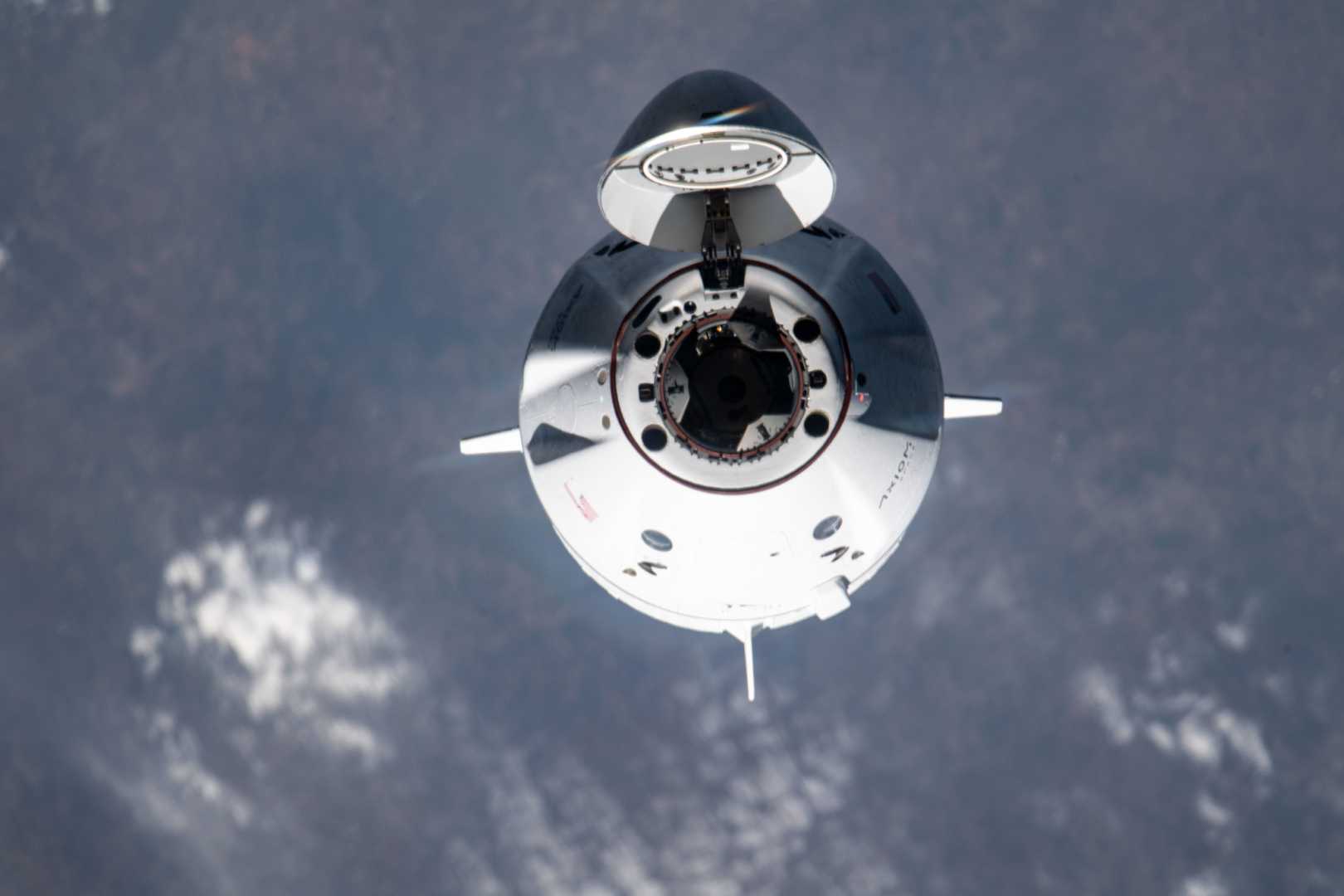News
NASA, Axiom Space, SpaceX Set for Private Astronaut Launch

WASHINGTON, June 4, 2025 — NASA, Axiom Space, and SpaceX are preparing for the launch of the fourth private astronaut mission to the International Space Station, known as Axiom Mission 4. The launch is scheduled for 8:22 a.m. EDT on Tuesday, June 10, from Launch Complex 39A at NASA’s Kennedy Space Center in Florida.
The mission will use a new SpaceX Dragon spacecraft, which will be launched on a Falcon 9 rocket. The crew is expected to dock at the space station around 12:30 p.m. on Wednesday, June 11. NASA will broadcast live coverage of the launch and arrival activities online through various platforms, including social media.
NASA’s responsibilities for the mission include overseeing integrated operations from the spacecraft’s approach to the space station. The crew is set to spend approximately two weeks at the space station to conduct scientific research and educational activities.
Peggy Whitson, a former NASA astronaut and current director of human spaceflight at Axiom Space, will serve as the mission commander. Shubhanshu Shukla, an astronaut from the Indian Space Research Organisation (ISRO), will be the pilot. The mission specialists include Sławosz Uznański-Wiśniewski from the European Space Agency (ESA) and Tibor Kapu from Hungary.
This mission marks a significant milestone in NASA’s collaboration with ISRO, initially highlighted by President Trump and Indian Prime Minister Narendra Modi. Axiom Mission 4 will facilitate the first ISRO astronaut’s journey to the station and includes five joint scientific investigations and two demonstrations of science and technology in orbit.
NASA will hold a prelaunch teleconference with Axiom Space at 6 p.m. on Monday, June 9, for media participants registered prior to the event. The launch coverage will begin at 6:15 a.m. on June 10, with NASA joining at 7:25 a.m. After the launch, NASA will conclude its coverage approximately 15 minutes later, following orbital insertion.
NASA aims to leverage the International Space Station to develop a low Earth economy, focusing on reliable and cost-effective services to support research objectives. This initiative frees the agency to concentrate on future missions to the Moon and Mars while utilizing low Earth orbit as a training ground for deep space exploration.












